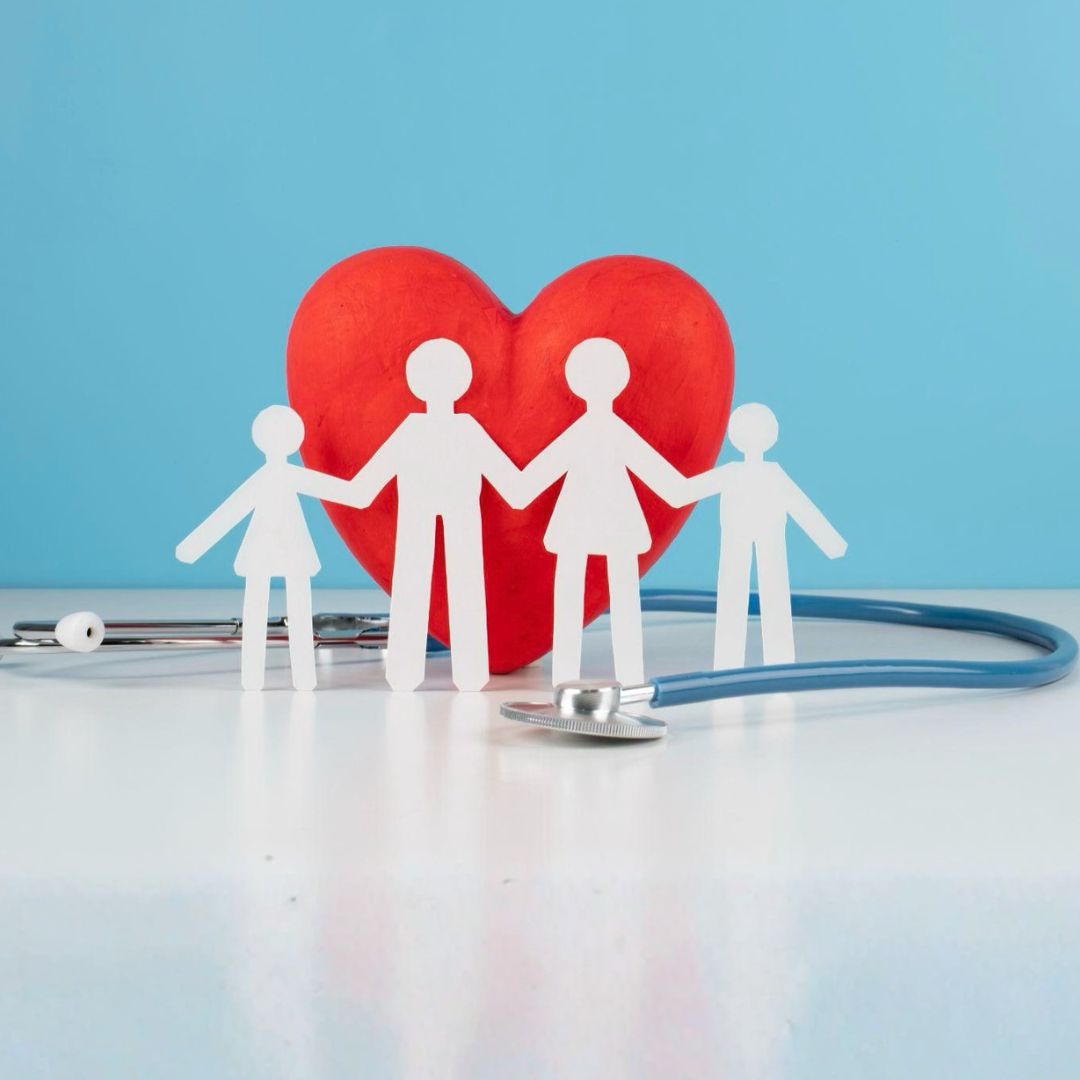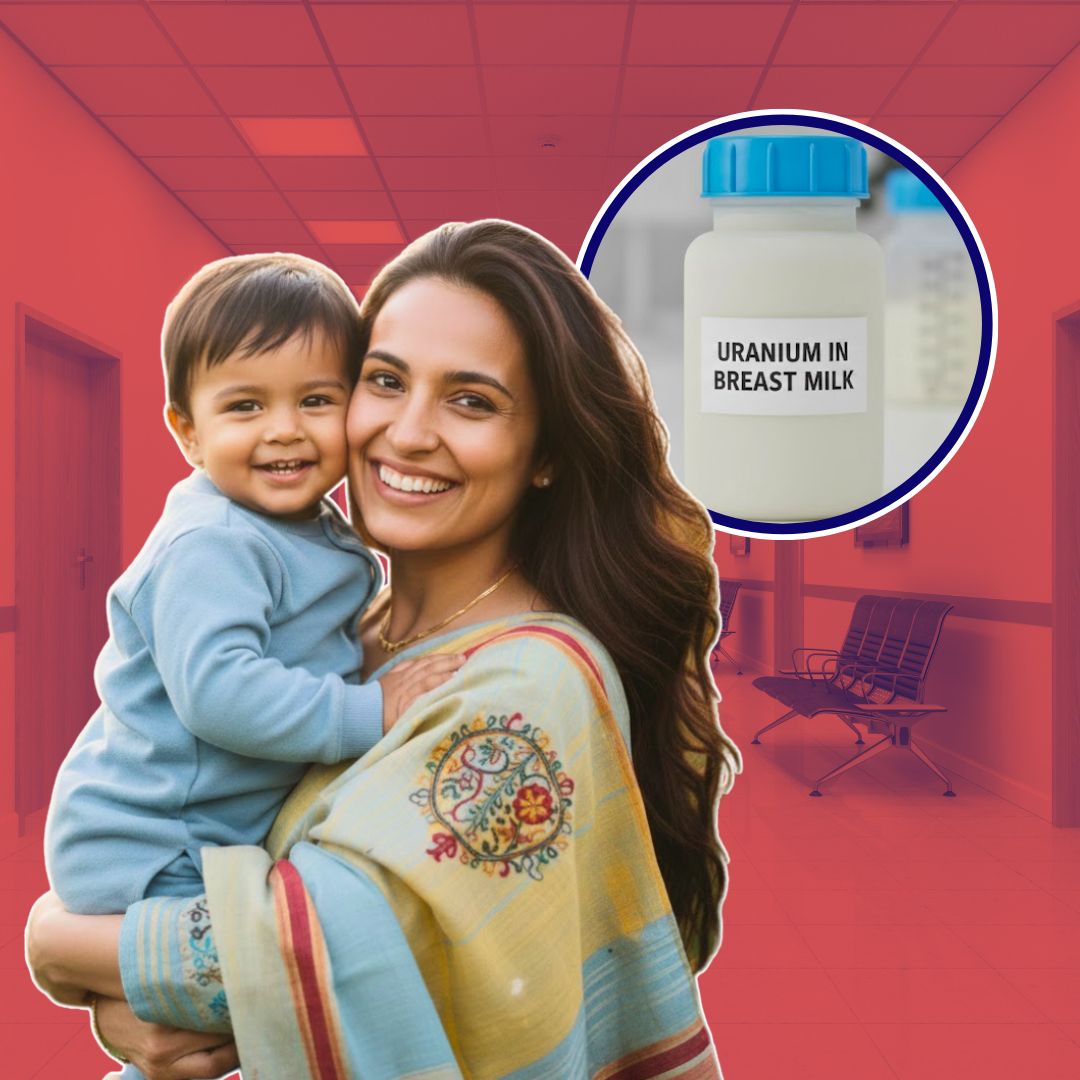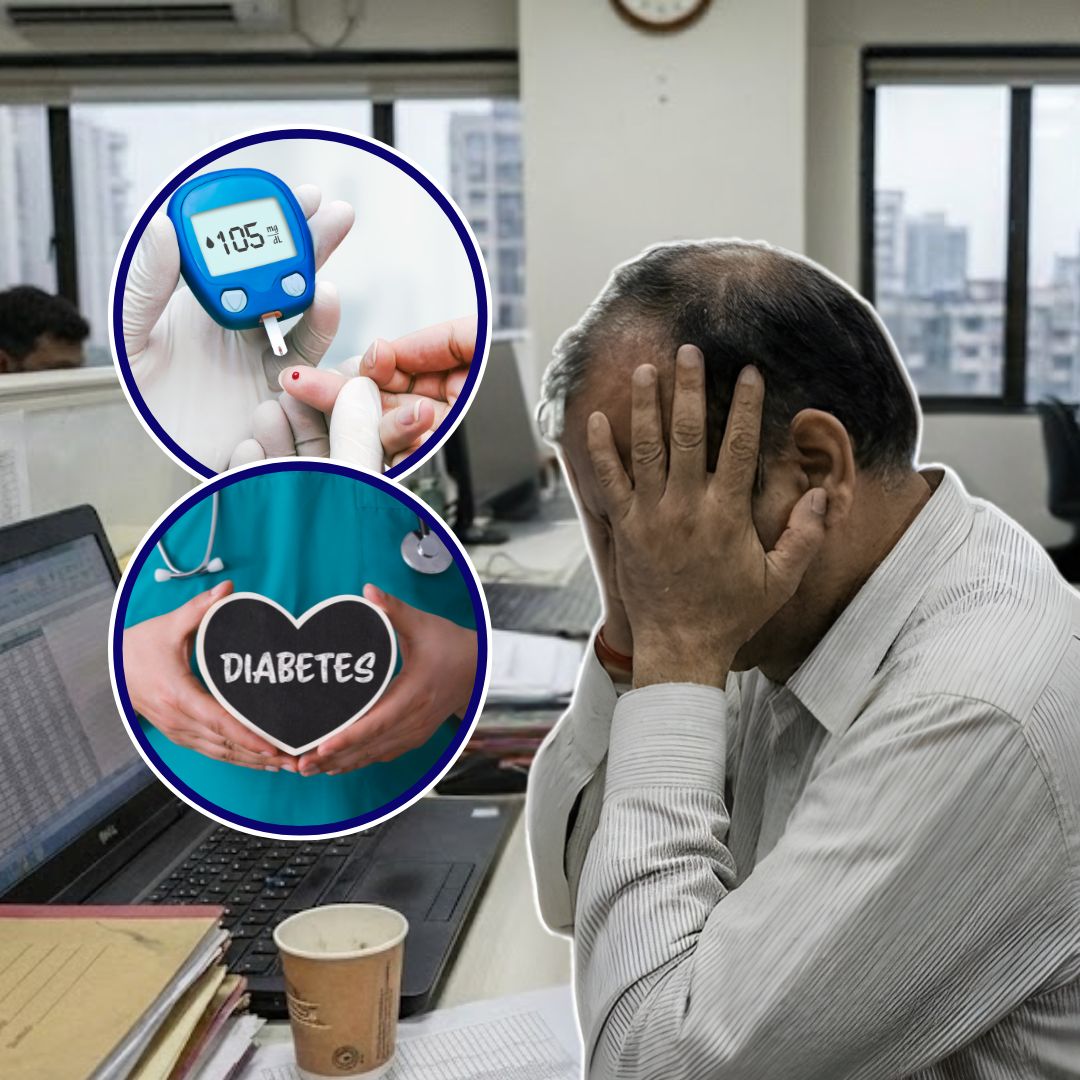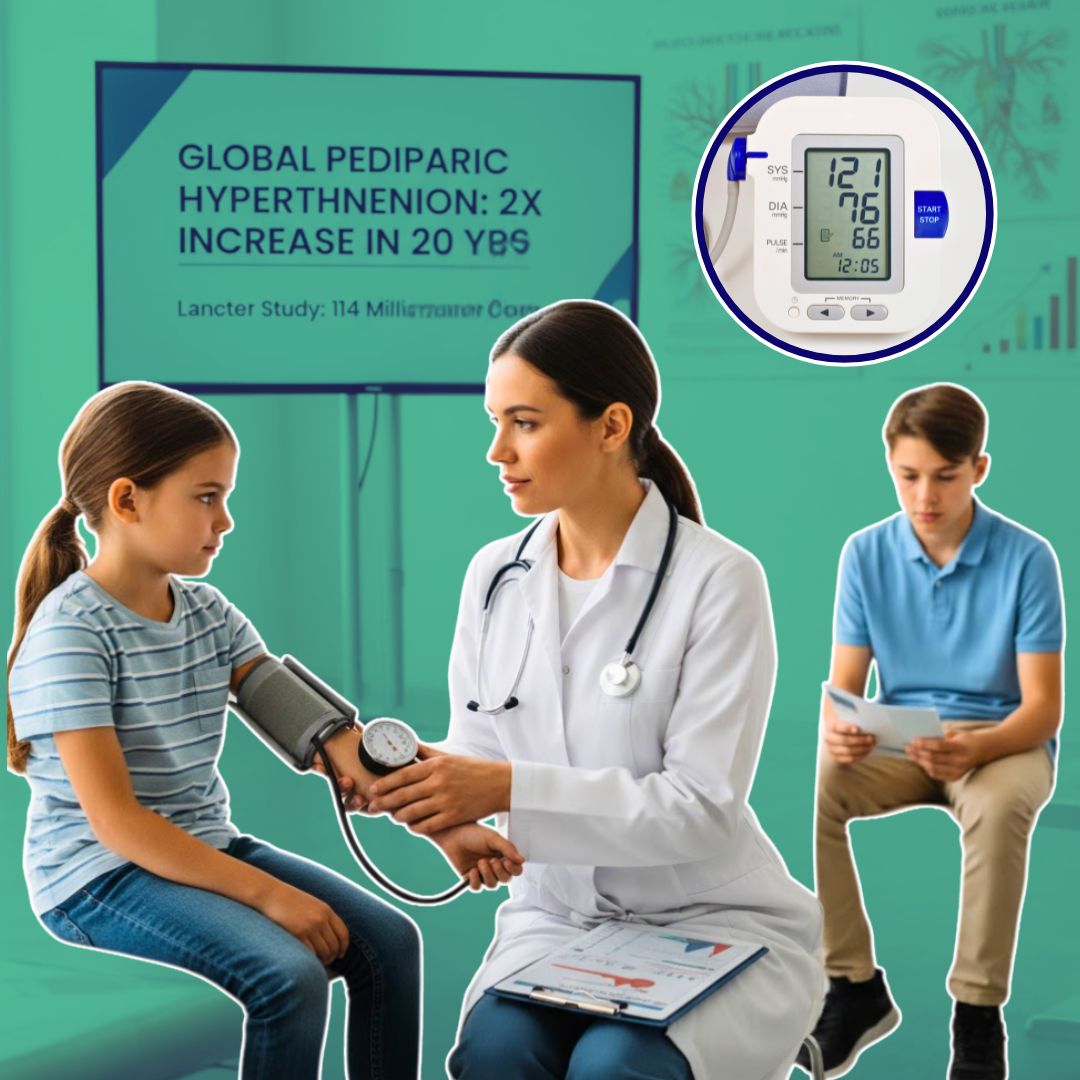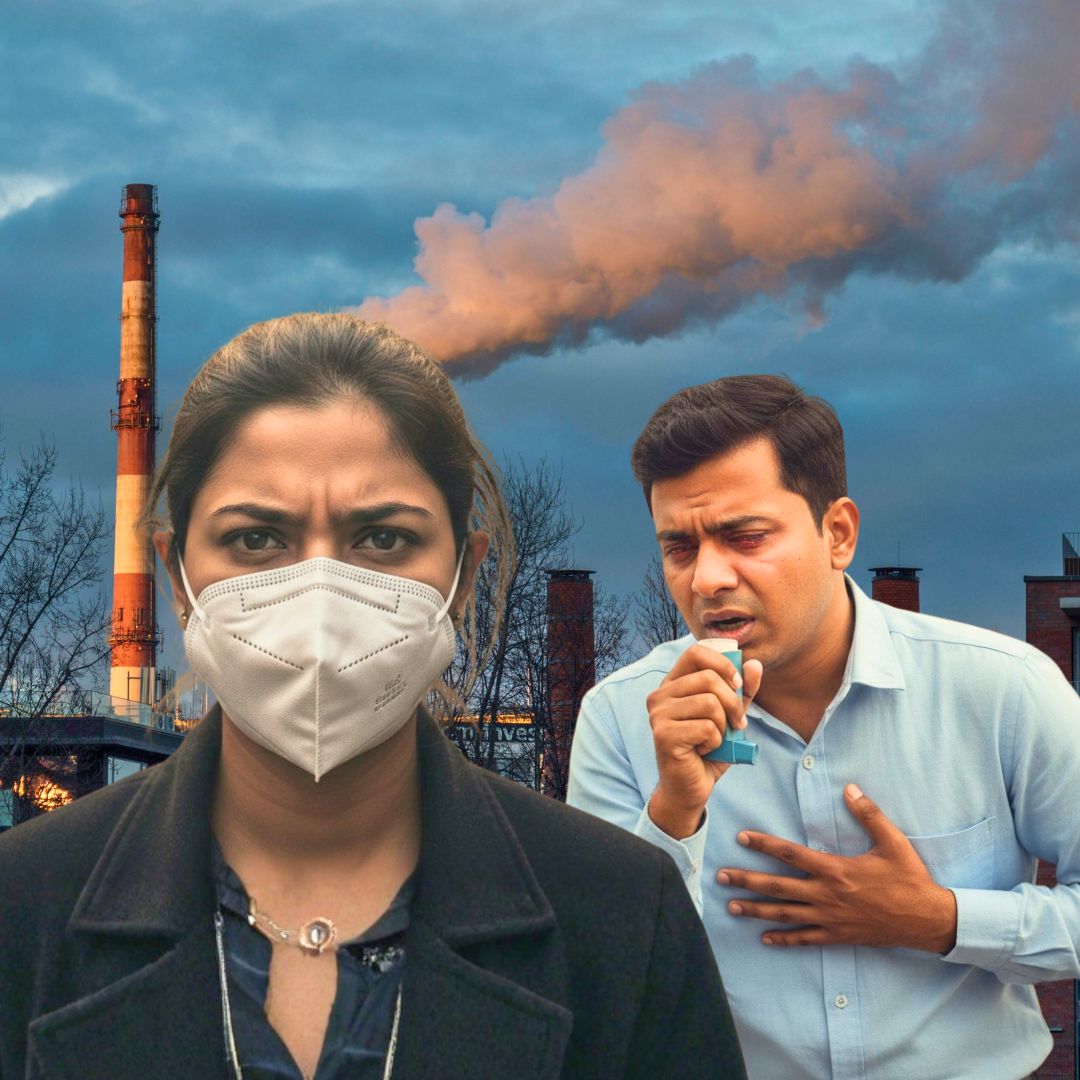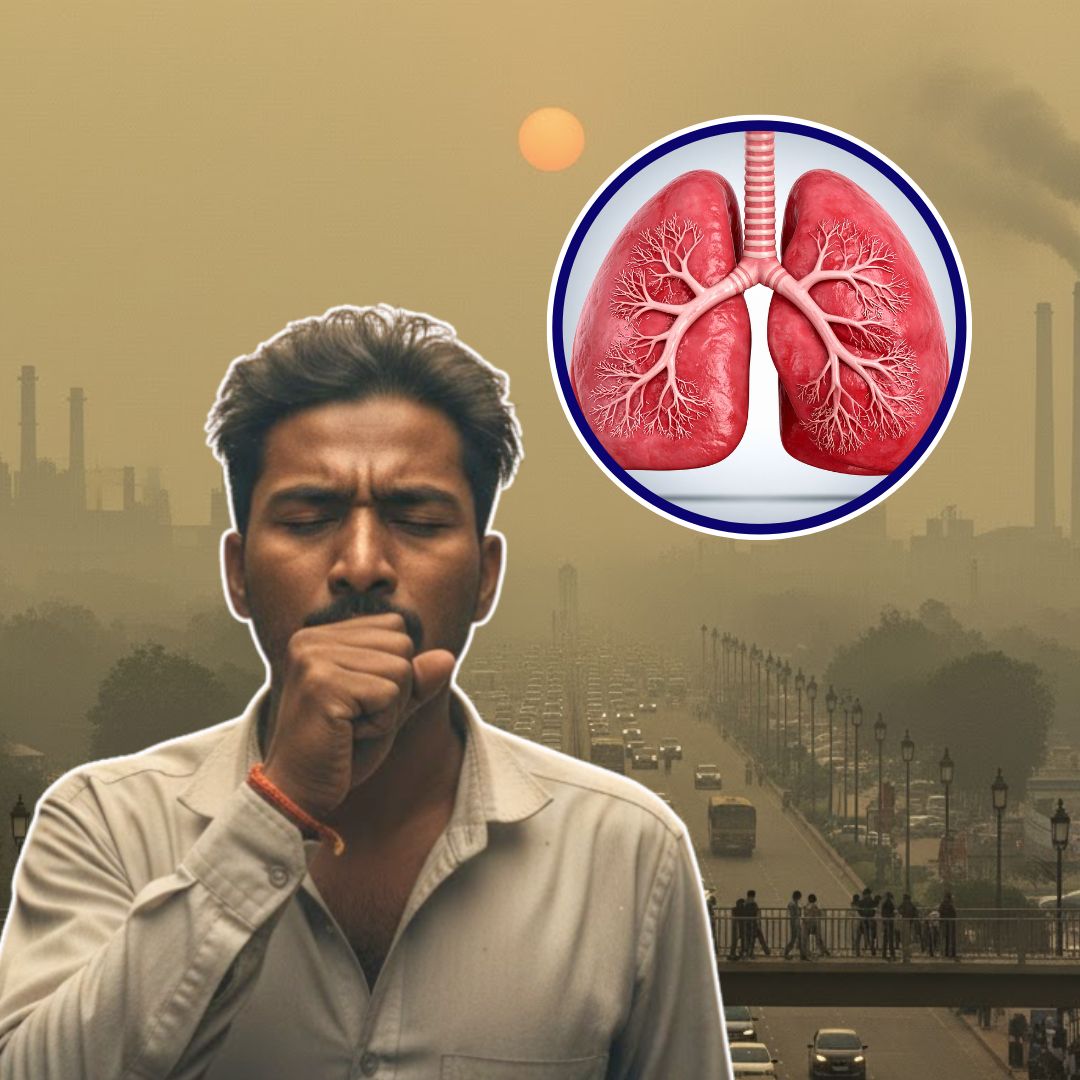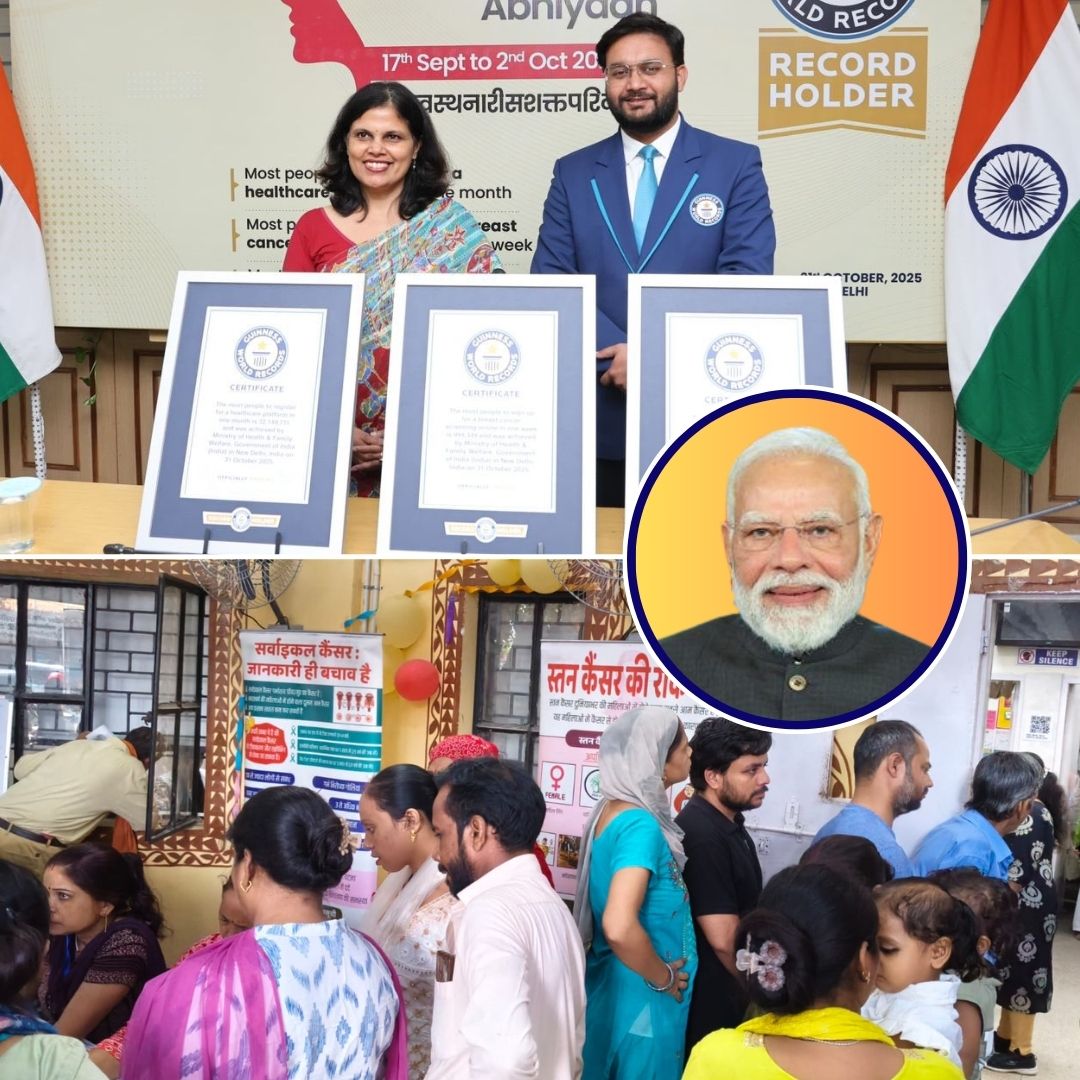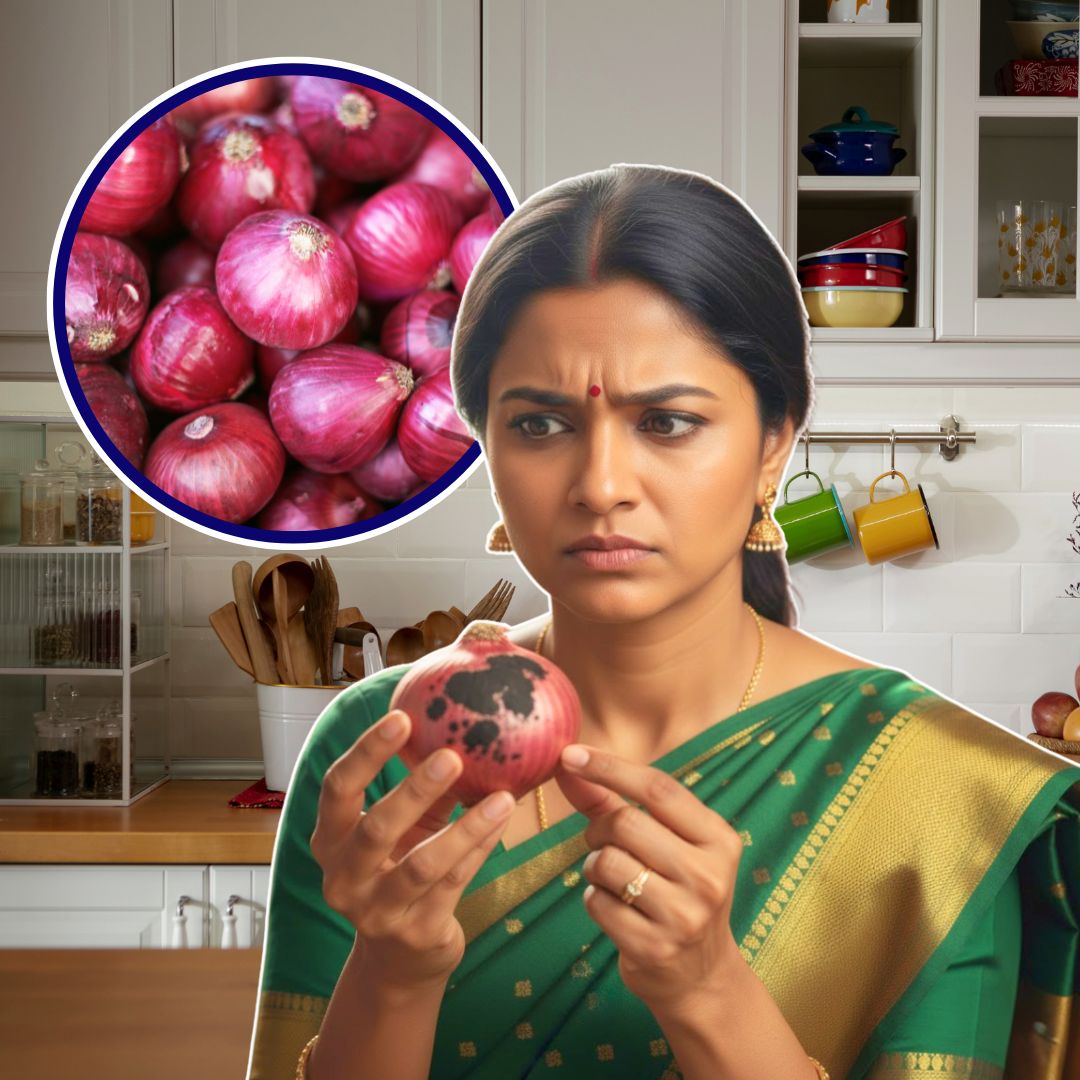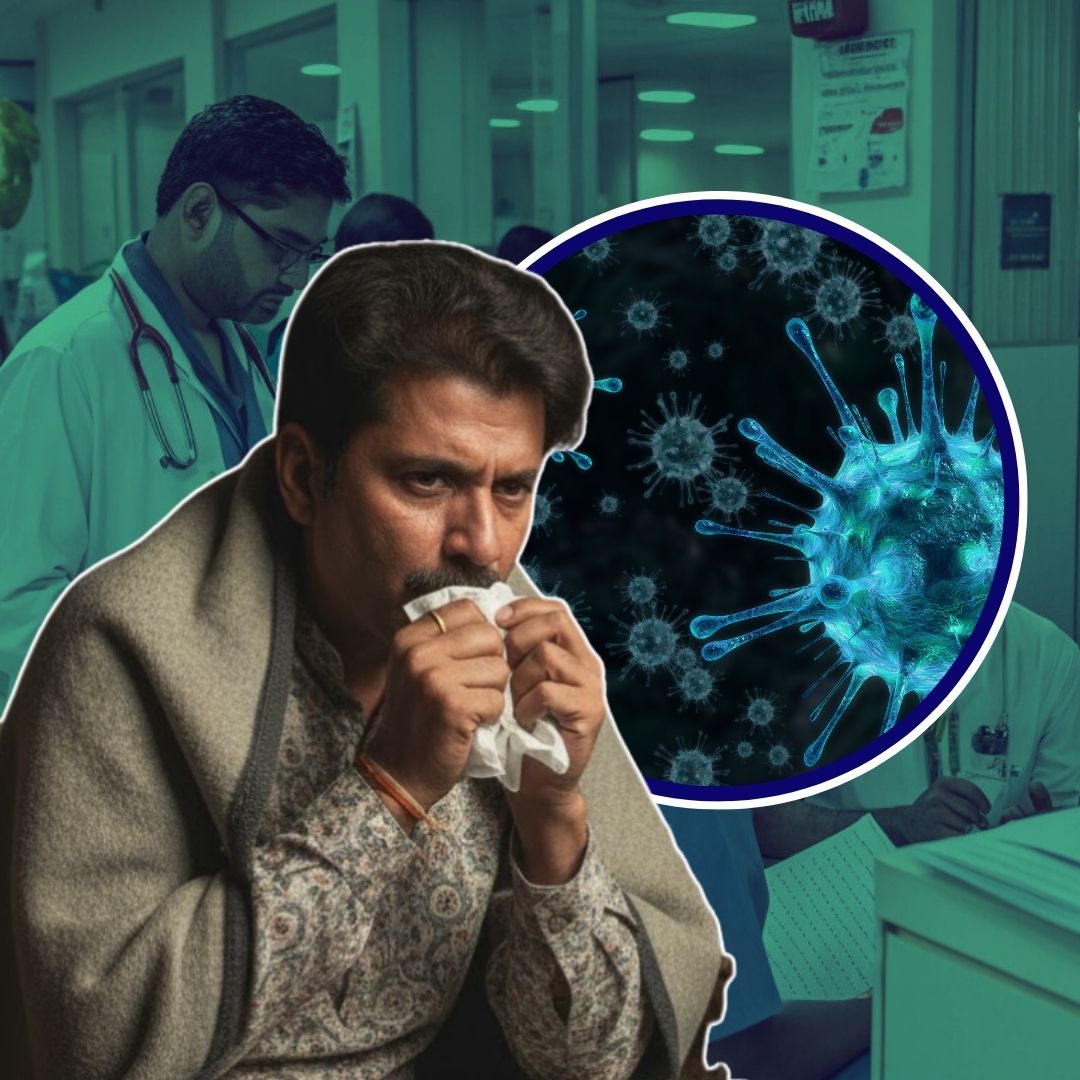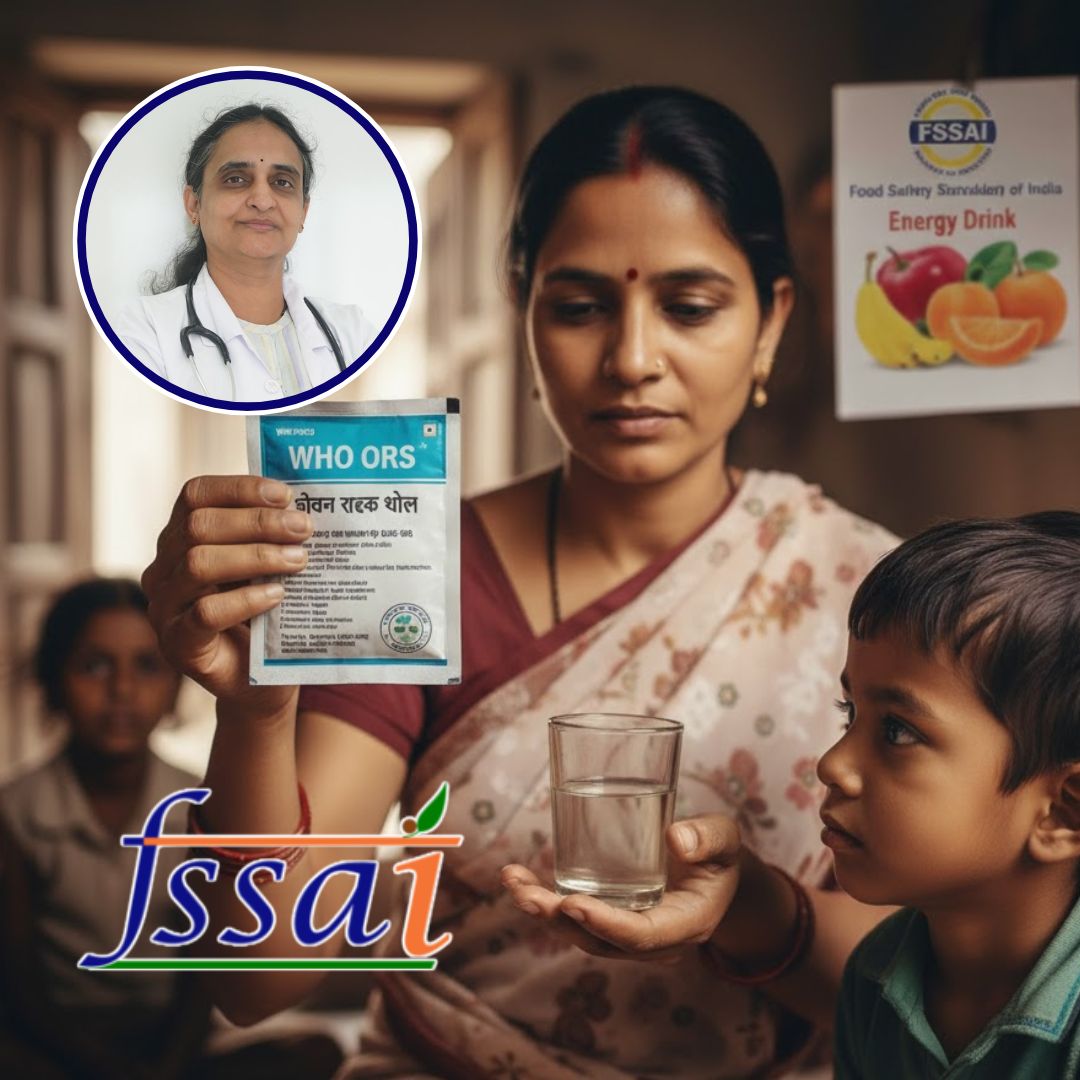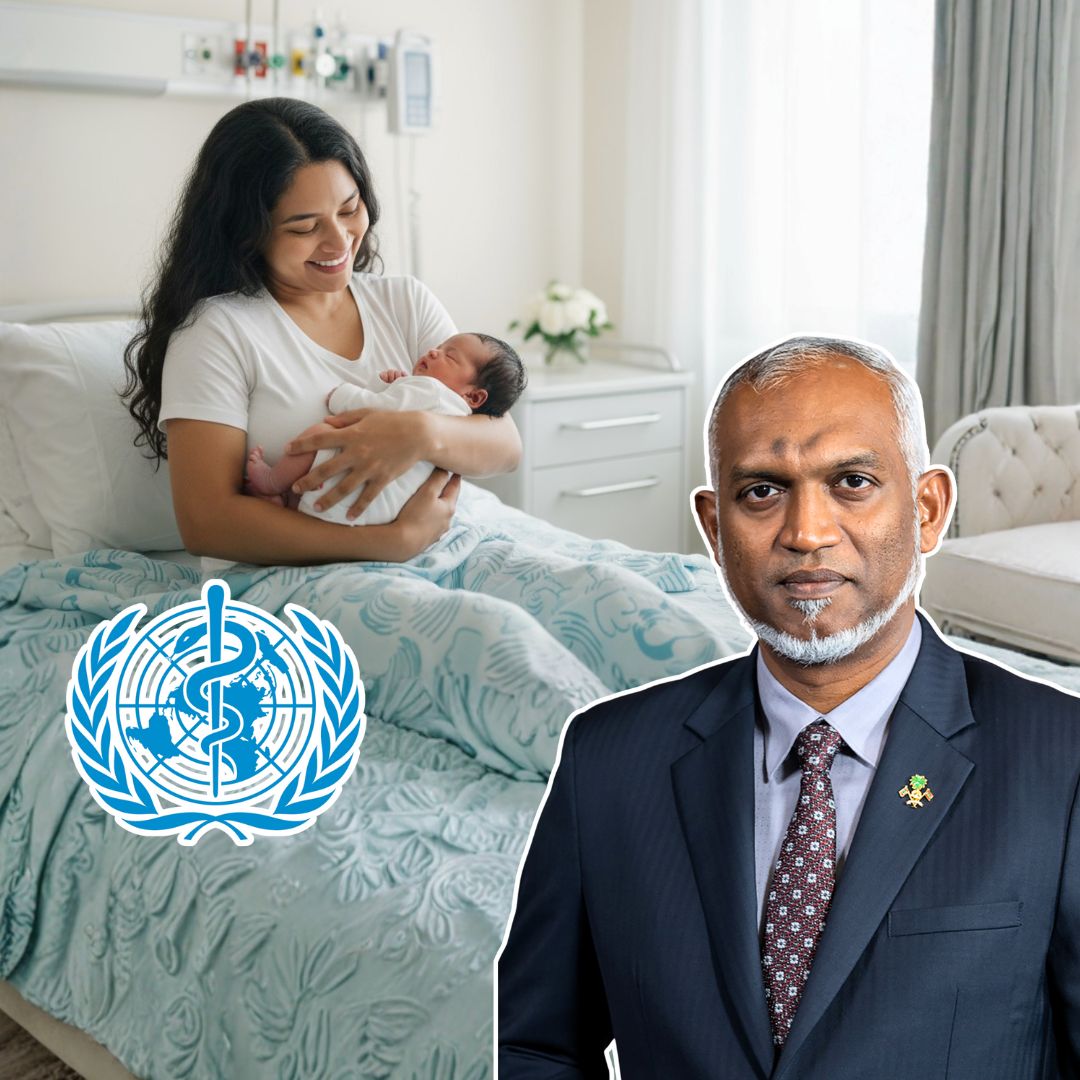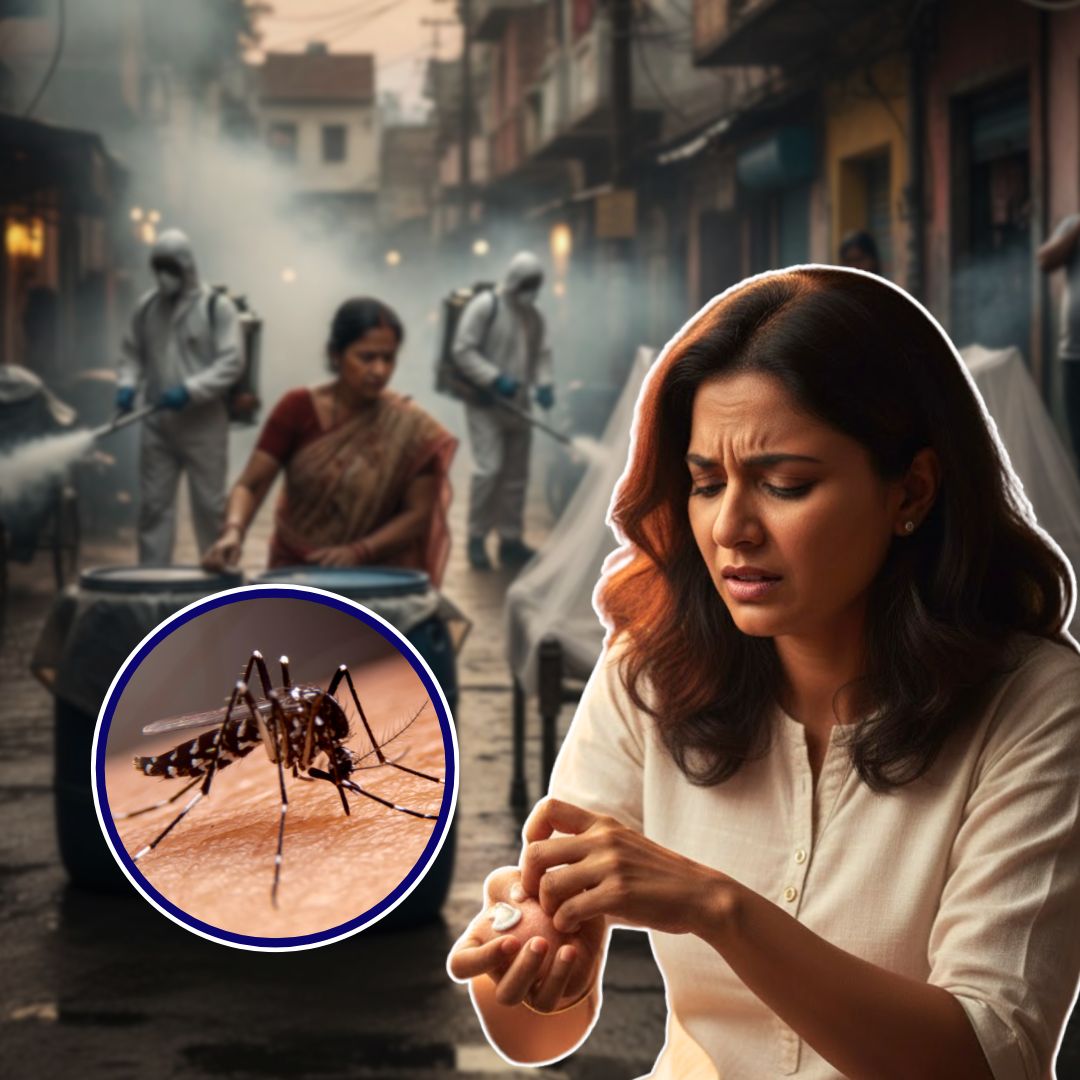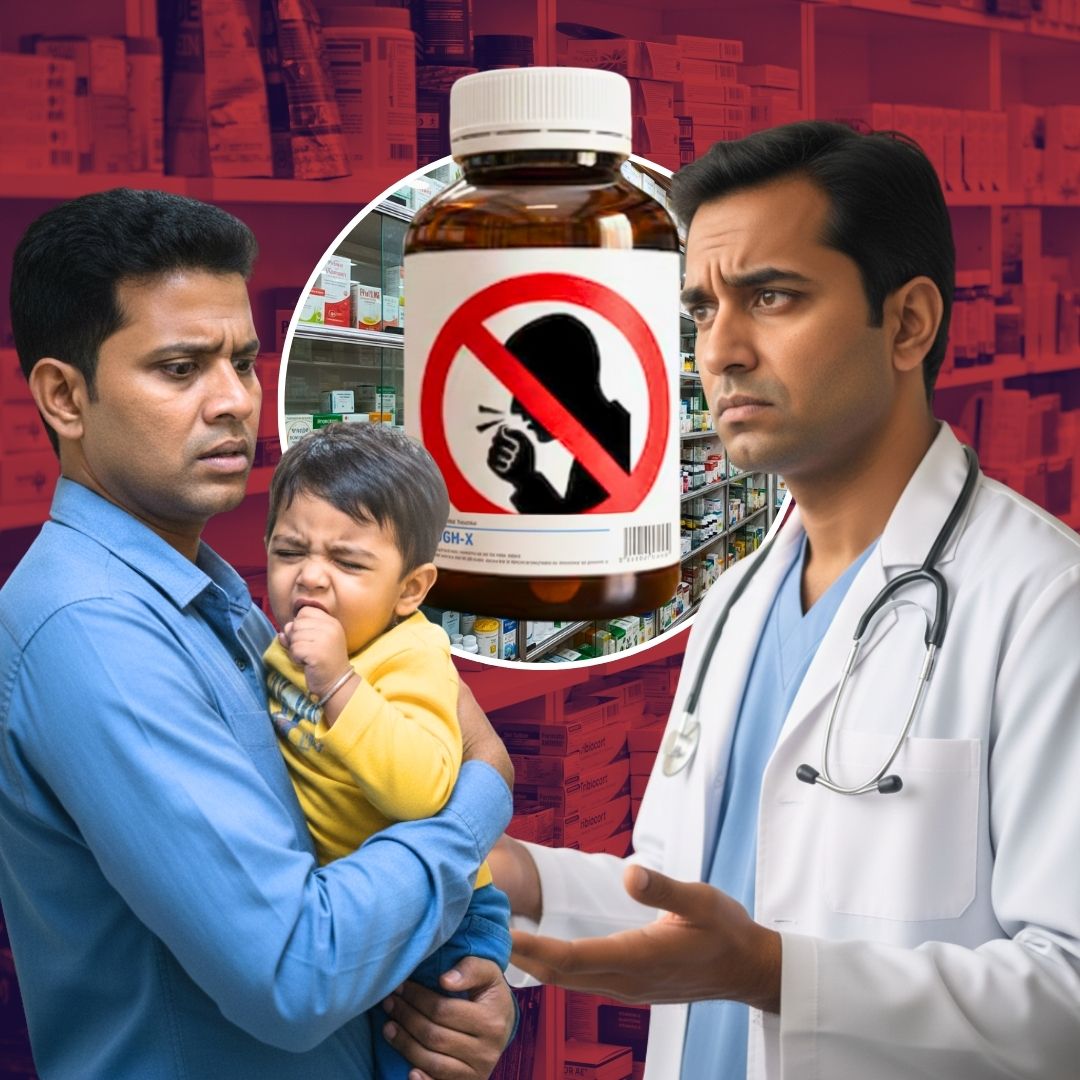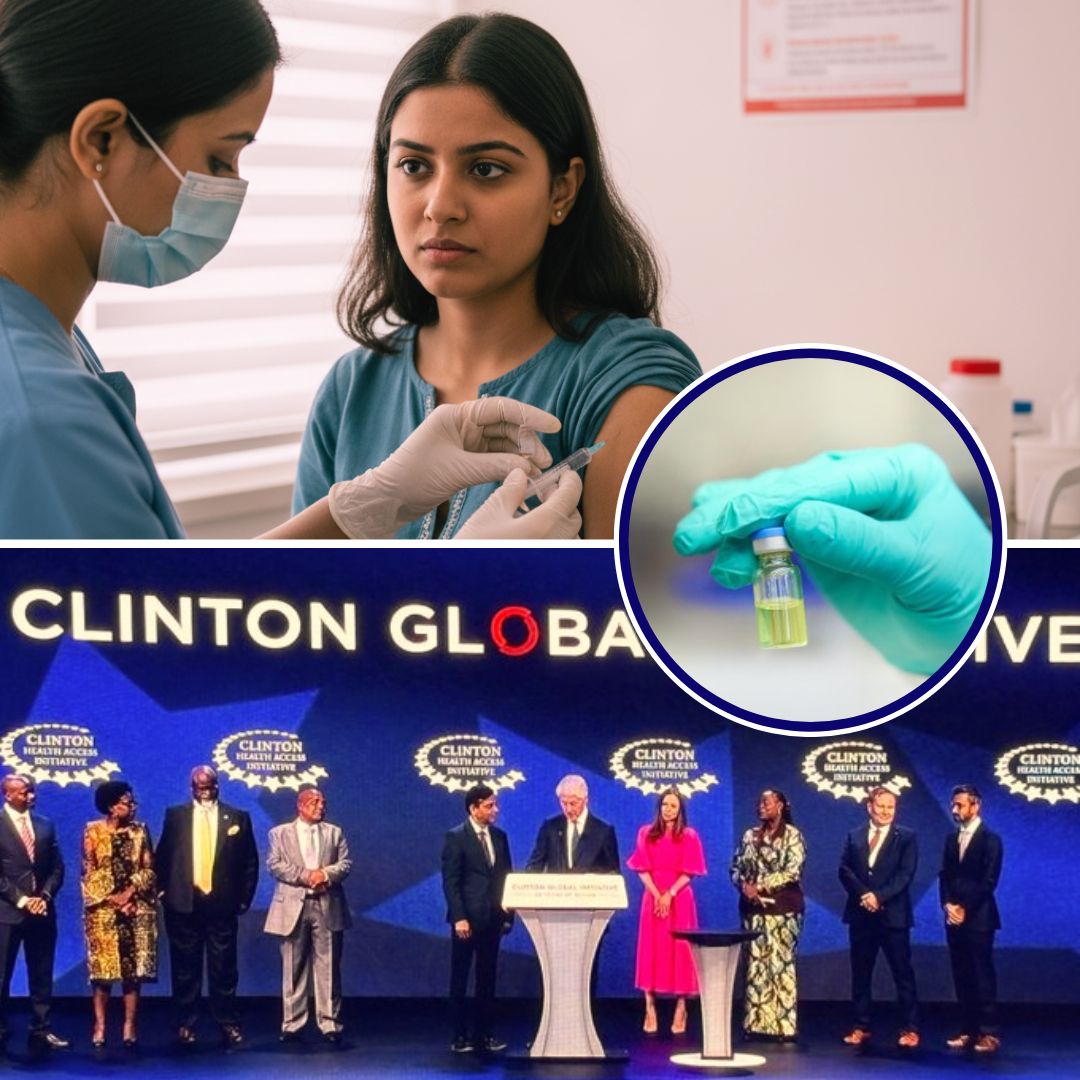Health First

Best Health Insurance Plans In India 2026 – Compare Coverage and Premiums
Experts reveal four top health plans prioritising value, high claim settlements, and family needs over mere low premiums.

Beginner Workout Plan for Women: Get Started and Become Unstoppable
This beginner-friendly guide empowers women with a 3-4 day strength workout plan, debunking bulk myths while boosting confidence and everyday strength.

Could Omega-3 Help Reduce the Risk of Heart Disease? Here’s What Research Suggests
Recent research suggests Omega-3 fatty acids may lower heart disease risk in India by tackling triglycerides and inflammation, but only alongside balanced diets and exercise.

Nearly 40% of India’s Young Working Women Are Showing Bone Weakness – Doctors Explain Why Its Alarming
Indian doctors warn of a silent bone health epidemic among working women under 45, driven by sedentary lifestyles and vitamin D shortages, urging immediate preventive action.

Uranium Found in Breastmilk Across Six Bihar Districts, Experts Say Levels Safe but Call for Monitoring
A recent study found uranium in breastmilk from Bihar mothers below health risk limits, reassuring experts.
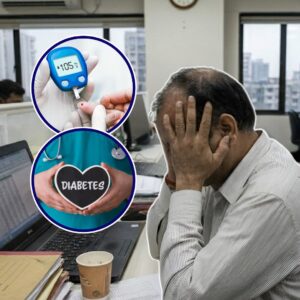
India’s Diabetes Epidemic: The Rising Toll of Workplace Stress and Urban Lifestyles
India’s soaring diabetes cases, more than 90 million, are increasingly tied to workplace stress and changing urban lifestyles.

Top Neuroscientist Warns Against Daily Vitamin B12 Pills: Overuse Linked to Neurological Damage
A leading neuroscientist and health authorities caution that excessive daily vitamin B12 supplementation poses silent neurological and health risks, urging professional guidance over self-prescription.

The Mental Health Paradox: If We’re Addressing Our Struggles, Why Do We Feel Worse? Dr Ria Talwar Explains
Exploring why rising global mental health awareness has not yet translated into reduced emotional suffering.

Nestlé Accused of Adding Sugar to Baby Cereals in Africa, Raising Major Health Concerns: Report
The Public Eye report accuses Nestle of risking baby health with added sugar to cereals.
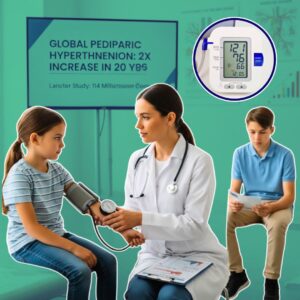
High Blood Pressure Cases in Children and Teens Have Doubled in 20 Years, Finds New Lancet Study
The prevalence of high blood pressure among children and teenagers has surged worldwide, posing critical long-term health risks linked to obesity and sedentary lifestyles.
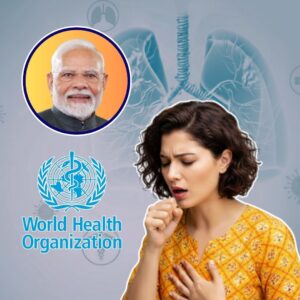
India Records 21% Drop in Tuberculosis Cases Since 2015, Nearly Double the Global Average: WHO Report
India’s impactful multi-pronged approach leads to significant decline in TB cases and increased treatment success.
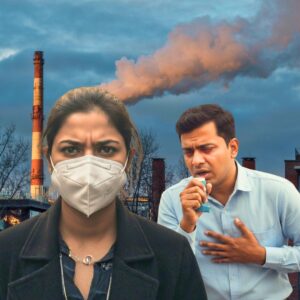
Delhi Breathes Toxic Air Again, AQI Climbs Above 300; Here’s How to Stay Safe Amid Rising Pollution
Delhi’s severe air pollution from post-Diwali smog and neighbouring stubble fires poses serious health risks.
Health First
- Mind
- Body
- Balance
Verified health information amid the overload of content, guiding you towards what’s truly trustworthy for your well-being.


